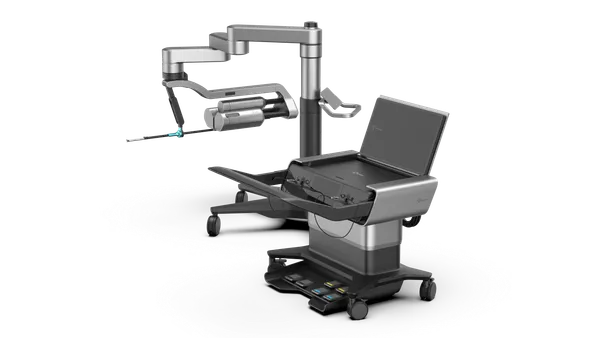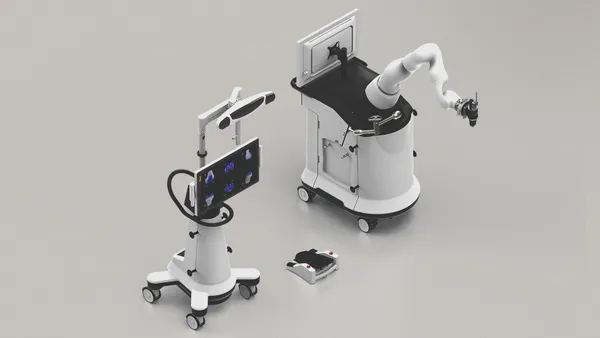Dive Brief:
- Boston Scientific has resumed a study of pulsed field ablation (PFA) as a first-line treatment for persistent atrial fibrillation (AFib), after pausing the trial to assess unspecified observations.
- The Avant Guard clinical trial compares PFA against anti-arrhythmic drugs to treat patients who have AFib lasting more than a week, called persistent AFib, a dangerous form of irregular heartbeat. The company’s Farapulse PFA system, which gained Food and Drug Administration approval in January, is not indicated to treat persistent AFib.
- Spokesperson Chanel Hastings told MedTech Dive in an email that Boston Scientific looks forward to completing enrollment in the Avant Guard trial in the coming months and will continue to follow patients according to the trial protocol.
Dive Insight:
People with persistent AFib represent a potential new indication for Boston Scientific’s PFA device, whose launch is off to a fast start. Farapulse is FDA-approved only for patients with intermittent — or paroxysmal — drug-resistant AFib.
In studying the procedure in patients with persistent AFib, Boston Scientific is looking to catch up with a competing PFA system from Medtronic that already has U.S. approval for use in people who have the sustained form of the condition. In December, Medtronic’s Pulseselect PFA device received FDA approval to treat both paroxysmal and persistent AFib in drug-refractory patients who don't respond to drug therapy.
Last week, Johnson & Johnson became the third medtech company to secure the FDA’s nod for a PFA device, with its Varipulse system approved for patients with paroxysmal AFib who are drug-refractory.
Boston Scientific is now evaluating Farapulse in two groups of patients with persistent AFib: drug-refractory and drug-naive, or patients who have not received a particular drug treatment. The latter group, studied in the Avant Guard trial, are patients who are not indicated for ablation today under current guidelines. Boston Scientific began the study in December.
PFA has gained attention as a safer alternative to radiofrequency and cryoablation to treat AFib, a condition that can increase the risk of blood clots and stroke. The technology uses electrical pulses rather than thermal energy to ablate malfunctioning cardiac cells and restore normal heart rhythm.
Demand for Boston Scientific’s Farapulse system has been strong, propelling the company’s electrophysiology sales up year over year by 177% in the third quarter.
On an October earnings call, when the company disclosed the Avant Guard trial’s pause, Chief Medical Officer Kenneth Stein said the decision was made to develop a better understanding of unanticipated observations in the study that were not life-threatening.
“This in no way at all affects our confidence in the overall performance of the [Farapulse] system as it's being used today commercially or in other clinical trials,” Stein said.
Boston Scientific is now resuming enrollment in the trial.
“The assessment was completed, and we are initiating the restart of enrollments. We look forward to completing enrollment in the [Avant Guard] trial in the coming months and will continue to follow the patients per the trial protocol,” Hastings, a company spokesperson, wrote in the statement to MedTech Dive.
CEO Mike Mahoney, on the October call, said Boston Scientific has completed the first phase of its Advantage AF trial studying Farapulse to treat patients with drug-refractory persistent AFib. Mahoney added that the company expects to submit trial results to the FDA later this quarter and present the data in early 2025, with a label expansion expected in the second half of next year.













